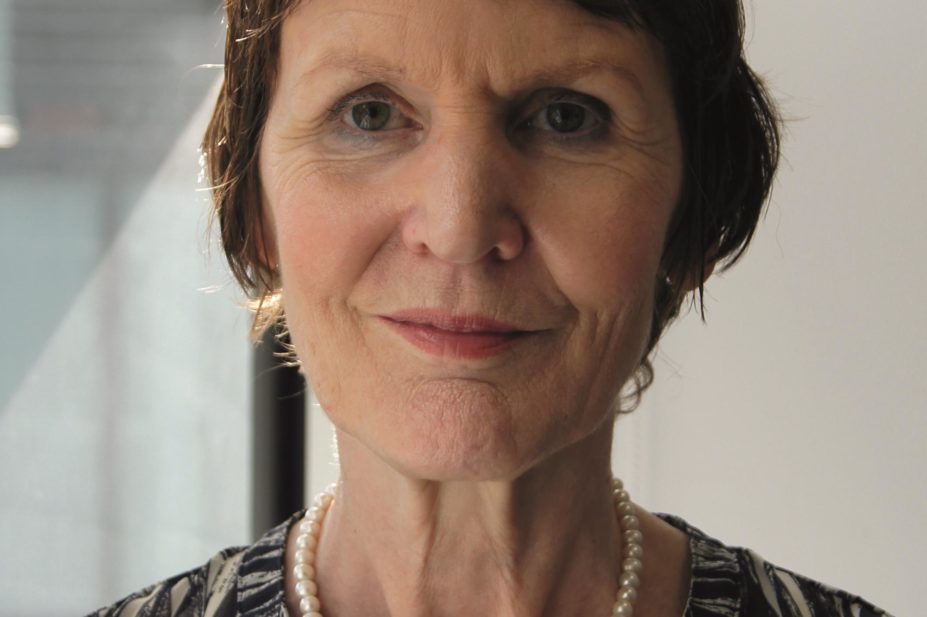
PSNC
Pharmacy bodies remain hopeful that pharmacy will play a meaningful role in new models of NHS care, despite the lack of a formal NHS England policy document outlining the future direction of pharmacy following the Call to Action consultation.
The consultation asked how the pharmacy contract should be constructed and which national enablers would be needed to unlock better patient care. It closed in March 2014 and received more than 100 written submissions and 700 website comments.
Sue Sharpe, the chief executive of the Pharmaceutical Services Negotiating Committee, said that when NHS England launched its consultation, it said the sector could expect a further document on the proposed features of its strategic framework for commissioning community pharmacy services. “It appears to have changed its policy,” she says. “The Call to Action programme pre-dated Simon Stevens’ arrival at NHS England in April so it would seem he does not intend now to prepare the promised document.”
While the sector would like to see more detailed plans on the commissioning of pharmacy services, she adds: “What we really need from them now is action; developing pharmacy’s role in practice is far more important than additional policy paperwork.”
An NHS spokeswoman said that “an important part of the feedback” from Call to Action had already been implemented through the national public campaign on the role community pharmacy teams play in helping to take pressure off GPs and A&E departments. “The important role pharmacy teams can play in the development and delivery of new models of care was highlighted in the NHS Five Year Forward View published in November 2014,” she says. “We will shortly begin discussing next steps with the pharmacy sector representatives.”
The NHS Five Year Forward View mentions pharmacists four times, most notably as participants of multispecialty community providers (MCPs), a new model of primary care that will provide a far wider range of care to GP-registered patients.
David Branford, chair of the English Pharmacy Board at the Royal Pharmaceutical Society, says: “Although we haven’t seen a new pharmacy policy document from the huge effort that so many pharmacists put into responding to this consultation, all is not lost. Counting references isn’t a reflection of influence; pharmacy is seen as being part of the new models of care proposed by Simon Stevens, we now need to make the most of this.
“Pharmacy needs to be part of mainstream NHS thinking not hived off on its own. Where we are disappointed is the pace of change, more focus is needed on the development of integrated patient care services that include pharmacists.”
Branford adds that the summary care record pilots show that there is “national commitment” for an enhanced clinical role for pharmacists in the community. “However, we need a much bigger and sustained programme of enablers who will make better utilisation of the knowledge, skills of, and access to pharmacists in the community.”
At the
Health Service Journal annual lecture on 8 December 2014, Stevens told policymakers and managers that it was important to make the most of pharmacists. “There is something paradoxical that we have a surfeit of pharmacists as a result of the number of pharmacists coming through training and yet we also have a surfeit of strategies down the years describing how ‘if only we could get pharmacies more involved in primary care that would be a win-win for everybody’,” he said.


